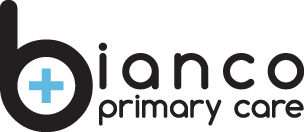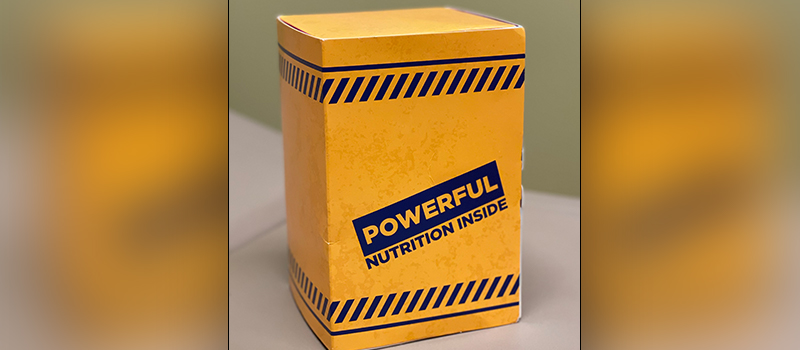“Holistic” / “Organic” / “Sugar-free” / “Plant-based” / “Natural” / “Keto-friendly”
These terms and more are placed in bright colors or in bold on the labels of our protein powders and hundreds of other supplements consumers take on a regular basis.
How do you choose the right supplements for you out of the hundreds (should I say thousands) on the market right now?
In a previous blog post about micronutrients, I discussed who should supplement their diet with multivitamins, why, and who I trust most. But today I will talk specifically about protein supplementation with hopes to shine a light on protein drinks and powders that saturate our supplement industry today.
Why shouldn’t I take this product?
When considering a new protein supplement such as whey powder, creatine, BCAAs, and EAAS keep in mind what your personal needs are, then compare that with the product. This may seem simple, but often we get caught up in taking a product because the influencer on tik-tok recommended it, or you heard one of your teammates take it to elevate his performance.
Ask yourself: “Why are you looking to supplement beyond the nutrients that can be consumed in the diet?”
“Does this said product meet the needs you are trying to fill?” If yes, then let’s take a deeper look into what the supplement is made of.
Advertisements
Have you ever gotten a coupon in the mail, been sent a free sample, or seen an ad for a protein supplement online? If so, did it have a bold claim with it?
The latest one we received in the office was a premade protein drink with a bold label of “Powerful Nutrition Inside.”
On one hand, I applaud the marketing team for the design. On the other hand, I’m bothered because this is the type of advertisement that sucks people into buying a product, rather than looking at what should really be considered when buying a product- the label.
Food Labels and Exceptions
A food label contains approximate calorie amounts, macronutrient details of how many carbs, fats, and grams of proteins are in a product, grams of sodium, and daily value percentages of any beneficial micronutrients. Food labels also contain a list of all the ingredients in the packaged product listed from the ingredient of the greatest amount all the way down to the ingredient that is the least present in the product.
You can learn all sorts of information about a packaged product from the food label. Some things might surprise you. Like that, a serving of Oreos can deliver 8% of your daily iron. (But that’s not why we eat Oreos is it?) Or you might discover your Trader Joe’s (seemingly healthy) Chicken Low Mein has more than 40% of your daily sodium intake in just one serving size!
While some of these facts may or may not turn you off from food, at least we are well informed to make the best decision for ourselves and our goals, right?
What if I told you that the FDA (the Food and Drug Administration that regulates food label honesty and verifies product ingredients) does not test or regulate the supplement industry?
Are you shocked? Do you understand the implications of that statement?
No regulation by the FDA means companies can lie about what a product does, and lie about what is or isn’t in a product. So if you do take the time to read and understand ingredients on the label like erythritol, milk solids, and vegetable oil (why is that in there?!) you might not be even reading the whole truth because the company wasn’t required by anyone to print it.
Before “gluten-free” was a trend and companies wanted to start adding it as a trendy health claim to the front of their product, gluten was often added as a filler to tablet vitamins and protein powders. However, gluten still doesn’t have to be listed thanks to the lack of regulation in the industry. Folks with food sensitivities didn’t even see it coming.
Unfortunately, even within honest companies we still have room to be concerned about product contamination/ cleanliness. A study conducted in 2018 on protein powder found that out of 134 top-rated powders on amazon 55% of the products tested high for BPA(plastic- no thanks,) certified organic powders tested for 2x the amount of the regulatory limit of lead(what?!,) and 74% of all products in the study tested high for cadmium, which can be toxic with chronic consumption/ exposure.
How do you feel about your confidence in making the best choices for you and your family now?
Label Rules and Product Testing
To help combat all of the confusion caused by the marketing industry I work with all of my clients on label reading. What ingredients to watch out for, a max amount of sugar to ingest per serving, and other daily value %s to keep an eye out for depending on the product and personal needs.
To help combat product contamination I only recommend a few select supplement companies that all have their products 3rd party tested.
To have a product 3rd party tested is no small feat, or a cheap one either. Companies like Thorne, Cellucor Sport, and Klean, all pay a nationally recognized product testing organization to come to examine their manufacturing plants and check for contamination along the whole line. They examine everything from the raw ingredients to the final product and verify that what the company claims the product provides is truly in the product. They also test for unwanted (toxic/ harmful) substances that may contaminate a product and potentially have substantial negative health impacts if consumed long and short term.
I’ve created a guide with some key “label rules,” that will help you with dissecting all types of supplement labels. In the guide, I’ve also added my top three 3rd party testing organizations that you should look for on the bottle of the next supplement you purchase. My purpose in designing this guide is that you can feel best educated in making good decisions for you and your family regarding supplementation.
To Recap
My best advice: ignore bold claims on the label and do your research on supplement brands before you purchase. Look for their certifications and manufacturing standards. And finally, if the product has some ingredients that don’t look right or you can’t verify their product cleanliness, the supplement isn’t worth your time.
If you don’t have time to research and dig for these important factors that influence choosing the right supplements for your needs, let me help you. Start with this guide I’ve created here. Or reach out to me for a free consultation.


